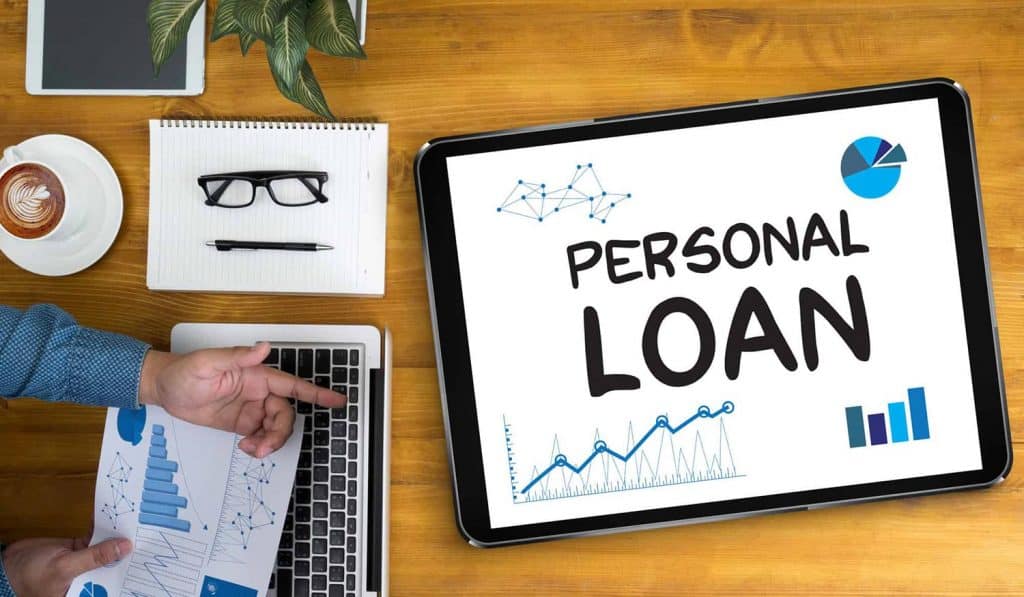Regardless of your business’s level, running a successful venture requires capital. A Personal Loan can help you gather funds to kickstart and grow your business. A Personal Loan requires less documentation than a business loan and is thus processed much faster. They also do not require any collateral, hence, are a better alternative to Business Loans.
Here are seven tips to help you get closer to acquiring business financing through a personal loan:
- Organize your Financial Statements and Other Documents
Having your financial statements ready when required shows that you are organized. Financial statements must include past, present, and future financial positions. Share realistic projected numbers to convey that you are capable of repaying the loan. You will also have to show your salary credit and bank account statements for the past three months. In addition to financial reports, you will be required to submit other documentation, such as:
- KYC Documents – Aadhaar or PAN card.
- Address Proof – Rent Agreement, Passport, or Utility Bills.
- Income Documents – Most recent salary slip.
- Proof of Employment – Certificate of employment and degree certificate for professionals such as company secretary, doctor, or chartered accountant.
- Identify the Intention and Amount Required
Before you apply for a loan, you must take a moment to evaluate your decision and identify the purpose of the loan and the amount required. Have a clear understanding of what you intend to do with the loan. Personal loan providers do not ask for the reason behind choosing this loan, however, giving this information may help them build trust. Be transparent with what you plan to buy with the capital, how it will help your business and your research on the investment. It will indicate that you are serious about the loan and give the lender confidence that their money will not be wasted.
- Examine your Personal Credit History
A good personal credit history indicates that you are fiscally responsible and have repaid your debts. Lenders will become apprehensive about approving your loan if they find unpaid debts, so make sure you build a strong personal credit history before applying for a loan.
- Research Various Loan Options
The popularity of loans has increased exponentially, and as a result, many lenders are offering a wide variety of loans. It is essential to find a loan best suited to your needs. Search for a lender that offers a reasonable interest rate and has no qualms about using the capital for business purposes. Looking at as many lenders as possible and weighing their pros and cons is crucial for finding the right loan for you.
- Assess Loan Eligibility
Before you apply for a loan, you must meet the lender’s eligibility criteria. Eligibility criteria may differ between lenders, so it is vital to research and ensure you meet all the eligibility requirements of your chosen lender. Many factors affect loan eligibility, such as:
- Monthly Income: Your monthly income is an essential factor for loan eligibility as the lender assesses if you will repay the loan. Your financial obligations are also taken into consideration. If your debt is higher than your income, you are less likely to be approved for a loan.
- Work Experience: Work experience highlights your job and income stability. More work experience usually indicates higher financial stability, which is desirable to lenders.
- Age: Most lenders have a preferred age range for loan applicants. It takes into account how many working years remain and work experience. Being above or below the desired age range usually indicates you do not have the income stability to repay the loan.
- Credit History and Current Liabilities: Your credit history showcases your ability to pay off debts, while your current liabilities highlight how much of your income is available to pay EMIs.
- Take Note of Loan Affordability
Before applying for a loan:
- Take a moment to list your current expenses and liabilities and calculate how much money you can keep aside for EMIs, and the time required to pay off the loan.
- Look for different loan offers and find a loan with the best Personal Loan interest rates that fit your budget.
- Calculate the total amount required to pay off the loan and ensure it is feasible.
Conclusion
Finding the right Personal Loan for you in a sea of lenders can be a hectic task. A plan of action makes the task less troublesome and helps you find the best Personal Loan to finance your business. Identifying the right Personal Loan from the right lender at the right time will help progress your business.

